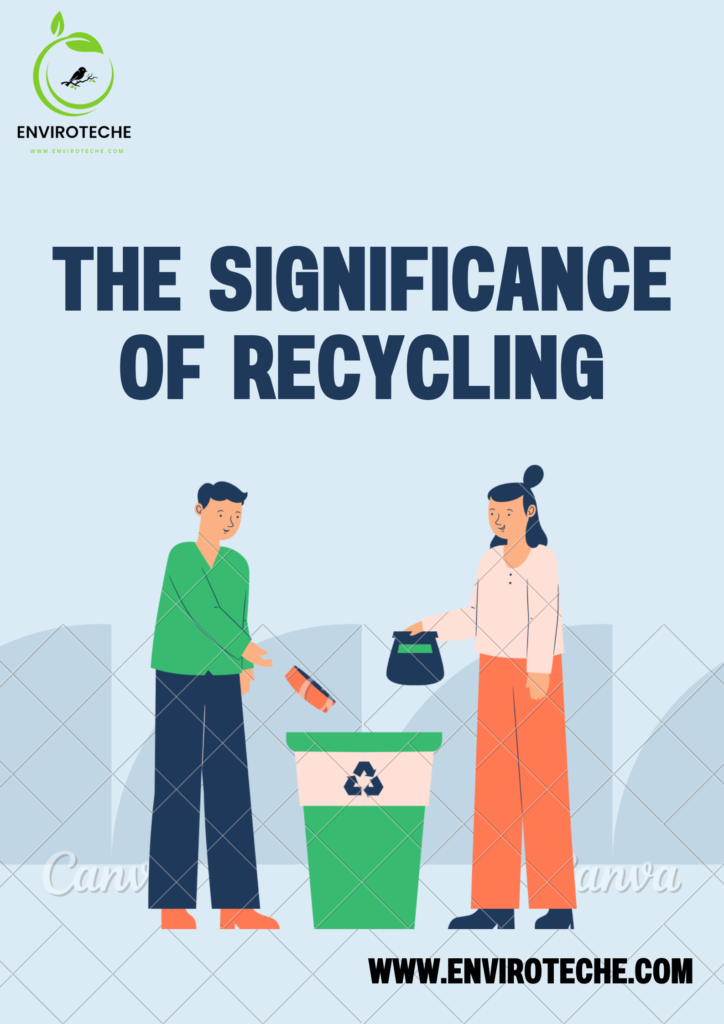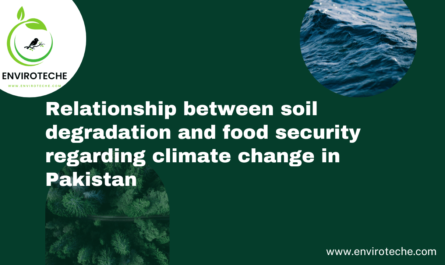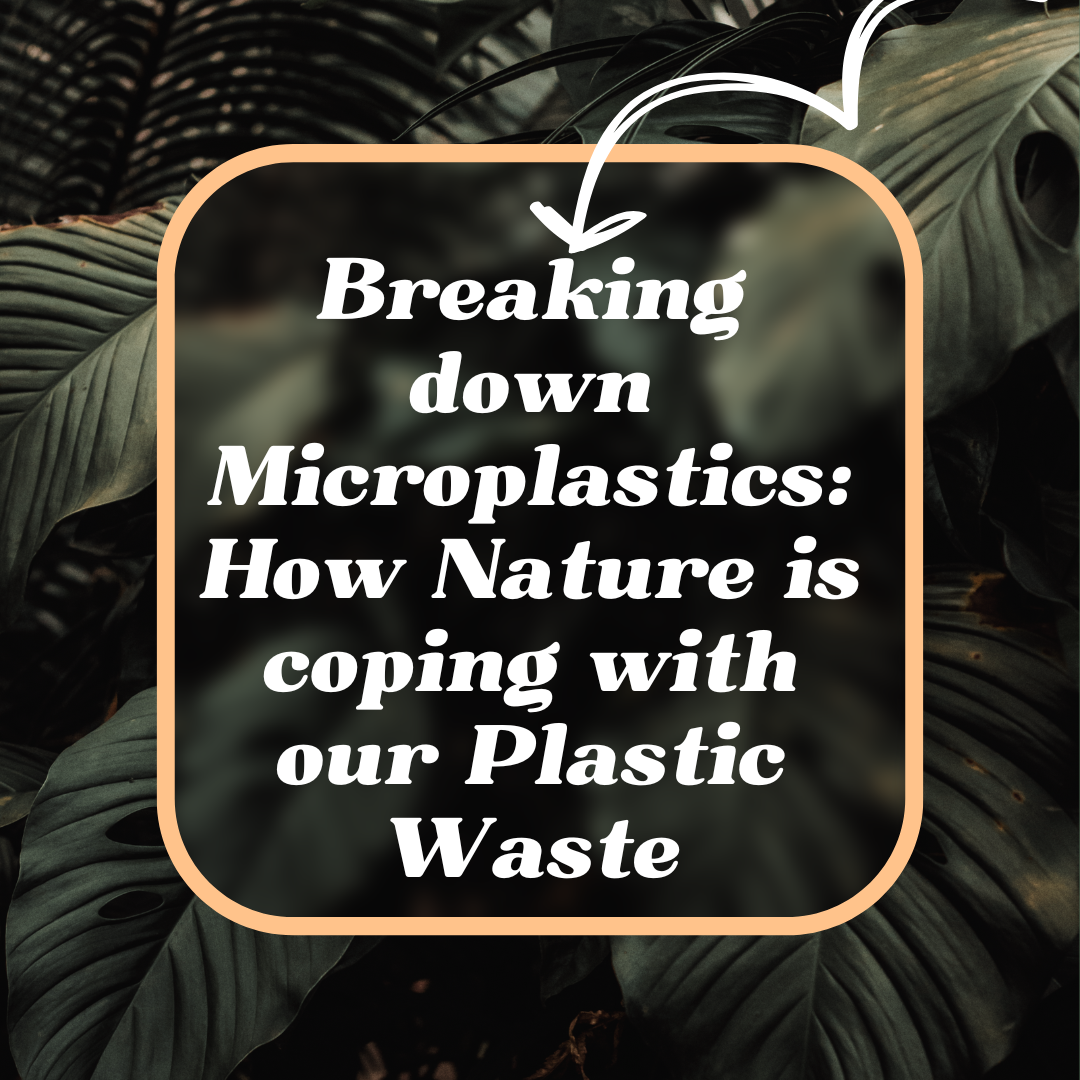Table of Contents

Recycling
It is important to recycle discarded rubber to save energy and protect the environment. Here we discuss some examples of recycling strategies for waste rubber using the energy recovered as fuel, cleaning up oil leaks, using rubber after minor modifications, regenerative rubber, and crushed rubber.
Reducing Landfill Waste
The human race is fighting a valiant battle over the law of death in an attempt to halt or slow down the unstoppable process that converts all stuff in the known cosmos from usable form to worthless form. The legislature of Maine decided to fight entropy and prevent the production of tropical byproducts bypassing the state’s first comprehensive waste management law, An Act to Promote Reduction, which is Reuse and Integrated Control of Waste Material and Sound Environment Regulation.
The political and legal systems typically refer to ineffective matter as solid waste. The Legislature aimed, broadly speaking, to deter the production of solid waste by creating a solid waste ladder causing the reduction
Recycling Process Lessens Reliance on Raw Material
The recycling process significantly reduces our dependence on raw materials, presenting a sustainable solution to resource management (Rogetzer et al., 2018). Through the systematic collection, sorting, and processing of used materials, recycling breathes new life into items that might otherwise end up as waste. This practice not only conserves valuable natural resources but also minimizes the environmental impact associated with extracting raw materials from the Earth (Ferro & Bonollo, 2019).
Energy savings
By choosing to recycle, we contribute to energy savings, as the process often requires less energy than manufacturing products from scratch. Additionally, recycling helps curb the growth of landfills, promoting a more responsible approach to waste disposal. Embracing recycling as a routine not only lessens our reliance on raw materials but also fosters a circular economy, where materials are continually re-purposed, offering a sustainable path towards environmental stewardship.
Economic Implications
- Job Creation
Stakeholders were interviewed in a semi-structured manner to gather data. The findings showed that recycling businesses improve the environment and provide jobs (Bala et al., 2023). The investigation has also shown how quickly the recycling sector is expanding. But there are many difficulties facing the industry, such as the state of the machinery (Pillain et al., 2019).
- Cost Savings
Recycling has received attention recently as a successful energy recovery technique. This article’s main goal is to refute these presumptions and ascertain how much energy is saved by recycling, especially when compared to waste-to-energy conversion. The potential energy value of burning plastic to produce energy is shown, as is the potential cost savings from recycling or reusing the initial components found in solid waste from the city. Except plastics, recycling has been shown to save energy costs for many recyclable products. Maximizing recuperating energy from recycling plastic can only be possible with the current state of recycling technology.
Preserves Wildlife And Ecosystems
Recycling helps to minimize disturbance to the environment. Animal harm is avoided when fewer trees and forests are felled. Through minimizing disturbances and harm to the environment, we contribute to the preservation of ecosystems and fauna.
Reducing Carbon Emissions That Cause Climate Change
Since recycling uses less energy to locate and process fresh raw materials, it reduces carbon emissions (Li et al., 2016). Furthermore, it keeps trash out of landfills that could produce methane. Reducing the amount of greenhouse gases released into the atmosphere, including carbon dioxide, is necessary to stop the disastrous climate change that is now taking place.
Why Is It Not Always Possible to Use Only Recycled Materials?
Unfortunately, using only recycled materials is not always feasible, even with the significant advantages of recycling that I have just discussed. For instance, some materials, such as recyclable cardboard, newspapers, and other paper goods, tend to become weaker when recycled. This is because paper fibers always decay with each recycling cycle. This implies that to create items that need to be stronger, virgin paper and reused cardboard must be combined. The truth is that recycling a single piece of paper more than five times will cause some of its characteristics to degrade.
The Effects Of Recycling On The Environment
Reusing is beneficial for the environment in addition to being a profitable and precious commodity on the global market. It optimizes the utilization of our finite natural resources. Although recycling is a true success story and our country deserves to be proud of its accomplishments, there is still a lot more to be done. Local governments collected more than 27 million tons of residential garbage in 2008–09.
Out of this, 50% of the garbage was disposed of in landfills, 37% was reused or composted, and 12% was burned to recover energy. In 2008, we recycled an astounding 8.7 million tons of household garbage. By alone, that avoided carbon dioxide emissions equivalent to about a million round-trip journeys from London to Sydney.
Recall the three Rs: Reduce, Reuse, and Recycle
In actuality, we should all make it a practice to use fewer items in the very beginning. To reduce waste, the items we use should be reused as frequently as feasible before being discarded. Addressing the global garbage management issue—which has seen many Global South countries unfairly shoulder the cost of managing the rubbish of Global North countries—would benefit greatly from this. Governments cannot ignore the problem of disposing of waste. We must coordinate waste management initiatives with growing demands for more forceful government action to cut down on plastic trash.
Future Perspective
The only thing we can do to reduce our environmental effects is to increase recycling. The greenhouse impact needs to be lessened. We’re capable of doing it. All that’s left to do is choose to finish the task. Reusing is not as difficult as many people believe.
Environmental problems are frequently depicted as being extremely complex, as are possible remedies. However, recycling is very simple and easy. We must reconsider, respond, and repurpose. The only long-term solution, both financially and environmentally, is to begin recycling as often as you can.
Conclusion
There are several reasons why recycling is crucial, but the fact that the earth’s resources are finite is the foremost. To ensure that what we have is preserved for future generations, we should exert every effort. Recycling is one way to make that happen. But why is recycling necessary? The basic answer is that it reduces waste and helps the environment by allowing us to repeatedly use finite natural resources.
References
Bala, S., Blaauw, D., Christian, C., & Yu, D. (2023). Identifying the prospects of decent job creation along the value chain of plastic. Development Southern Africa, 40(3), 507-524.
Ferro, P., & Bonollo, F. (2019). Design for recycling in a critical raw materials perspective. , 4(4), 44.
Li, W., Bai, H., Yin, J., & Xu, H. (2016). Life cycle assessment of end-of-life vehicle processes in China—take Corolla taxis for example. Journal of cleaner production, 117, 176-187.
Pillain, B., Viana, L. R., Lefeuvre, A., Jacquemin, L., & Sonnemann, G. (2019). Social life cycle assessment framework for evaluation of potential job creation with an application in the French carbon fiber aeronautical sector. The International Journal of Life Cycle Assessment, 24, 1729-1742.
Rogetzer, P., Silbermayr, L., & Jammernegg, W. (2018). Sustainable sourcing of strategic raw materials by integrating recycled materials. Flexible Services and Manufacturing Journal, 30, 421-451.
Author detail:
Aisha Ghaffar, Kaneez Batool
Department of Chemistry, University Of Agriculture Faisalabad, Sub-Campus Toba Tek Singh
Check Other Scholarships:


